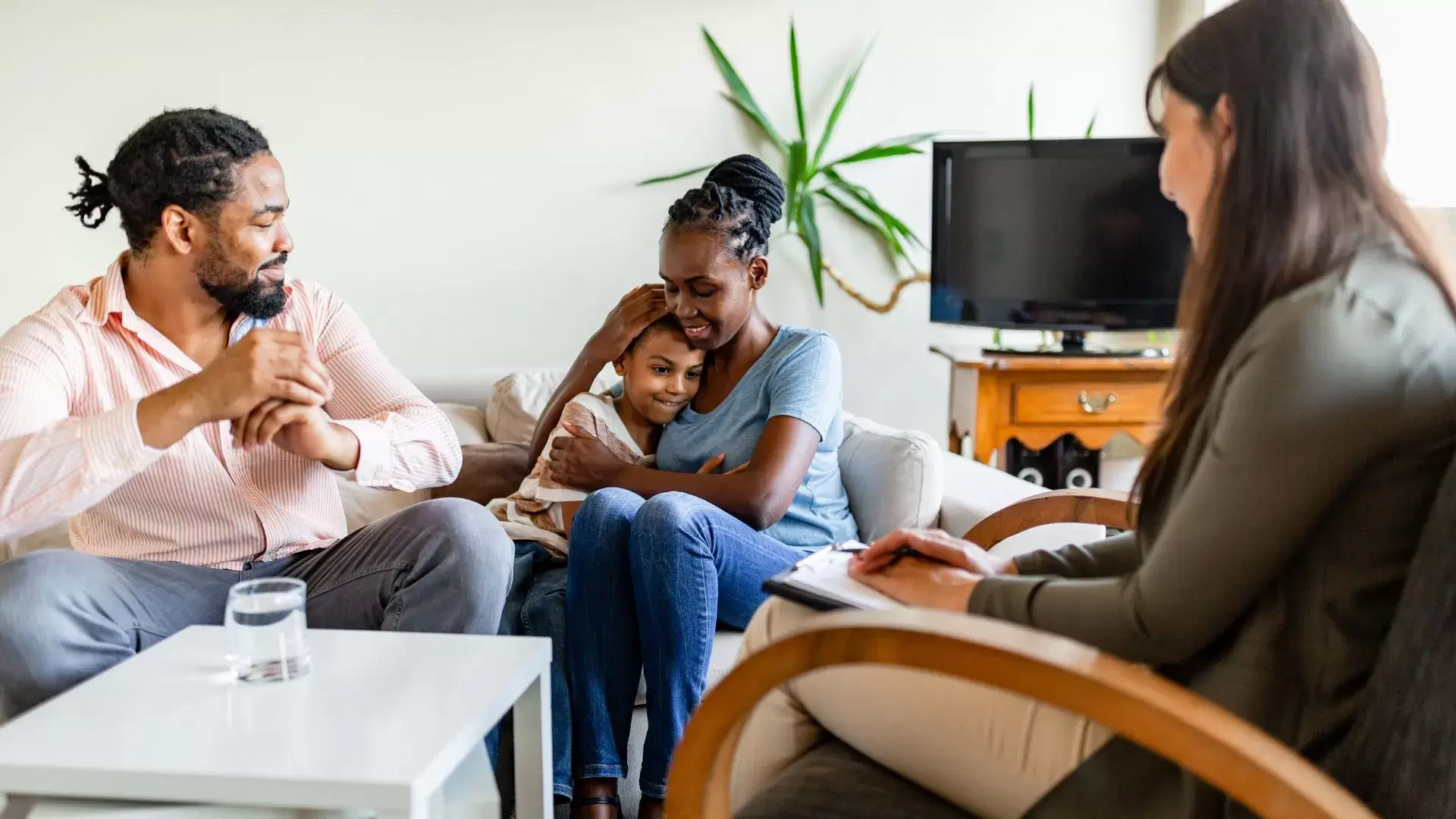Family Grief Counseling – Finding Support Together After a Loss

Grief doesn’t stay in one person. It moves through entire families, changing routines, relationships, and the way people connect with each other. After a loss, every family member carries their own version of pain, and sometimes, those differences make it hard to grieve together.
Family grief counseling creates a space where those differences are welcomed, not avoided. It’s a place where children, teens, and adults can all speak their truths and begin to understand one another through the shared experience of loss. In my years as both a counselor and someone who’s walked through my own grief, I’ve seen how healing begins when families feel safe enough to be honest, together.
What Is Family Grief Counseling?
Family grief counseling is a form of therapy designed to help families navigate loss as a unit. Rather than focusing on just one individual, the process supports everyone, parents, children, and even extended family, through open conversations and guided reflection.
Whether the loss was sudden or expected, the ripple effects are real. One child may act out, while another becomes quiet. A spouse may feel frozen in shock, while the other pushes forward just to keep things going. These reactions are normal, but they can create misunderstandings if they’re not addressed.
Family grief counseling helps each member process their own grief while also learning to support one another. It’s not about forcing harmony. It’s about making room for honesty, vulnerability, and the kind of love that shows up even when it’s messy.
Why Families Benefit from Grieving Together
So often, grief isolates people, even those living under the same roof. Parents may try to “stay strong” for their kids, not realizing that their children need to see them grieve too. Children may hide their sadness to avoid upsetting a parent. Over time, this silence can build emotional walls.
Family grief counseling helps break that silence. It gives everyone permission to show up as they are. It also teaches practical tools for communication, emotional regulation, and mutual understanding. When done well, it doesn’t just help with grief. It can actually strengthen family bonds.
What to Expect in Family Grief Counseling
If you’re considering family grief counseling, you might wonder what it looks like. Sessions are often guided by a licensed therapist or grief coach trained to work with families. You can expect:
- Open-ended questions that invite everyone to share in their own way
- Activities or reflections tailored to different age levels
- Help identify patterns or conflicts that may have surfaced after the loss
- Strategies to support each other as individuals and as a family unit
- Permission to cry, laugh, remember, and heal, together
You don’t need to have the “right” words. You don’t need to all feel the same way. You just need to be willing to show up. That’s how healing begins.
Grieving as a Family Doesn’t Mean Grieving the Same Way
It’s important to understand that grieving together doesn’t mean everyone will grieve in the same way or at the same pace. And that’s okay.
A good counselor or grief support coach will hold space for those differences while gently guiding the family toward connection. This includes helping families develop rituals, revisit shared memories, and create new ways to stay emotionally connected even in loss.
Finding the Right Support
If your family is navigating loss and feeling the weight of unspoken emotions, you don’t have to do it alone. Susan Rardon Rose, a grief support coach and counselor,Profoundly Changed offers resources that can support families through these difficult times. Her Our approach combines professional insight with lived experience, creating a space where every member of the family feels seen and supported.




